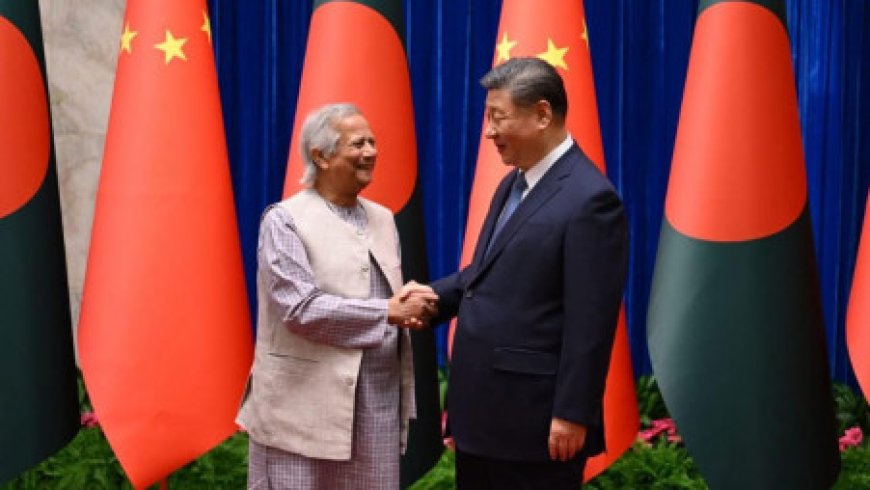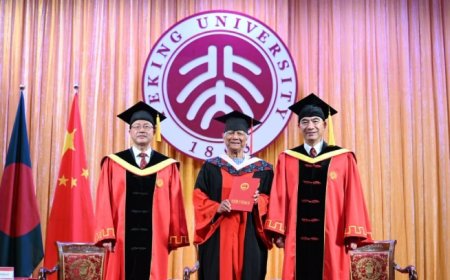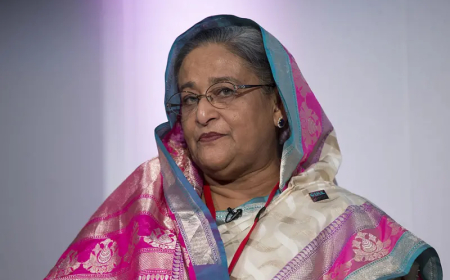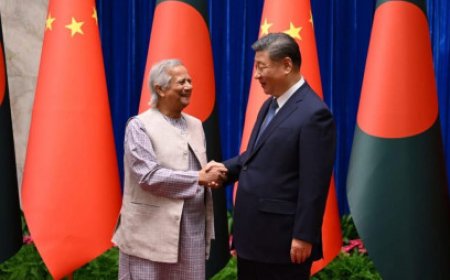Yunus,Jinping discuss relocating manufacturing plants to Bangladesh, low interest on Chinese loans
Chief Adviser Muhammad Yunus left for China on 26 March on a four-day official visit.China would encourage investment to Bangladesh and relocation of Chinese manufacturing enterprises to Bangladesh, said President Xi Jinping during his meeting with Chief Adviser today

He said China would give positive consideration to a hosts of important issues raised by Bangladesh.
They also discussed reduction on the interest rates on Chinese loans and cooperation on water resources management, said the chief advuser's Press Secretary Shafiqul Alam in a Facebook post.He said, "A hugely successful bilateral meeting between Bangladesh Chief Adviser Professor Yunus and President Xi Jinping [took place]. The talks were comprehensive, fruitful and constructive, marked by warmth."
President Xi reiterated China's support to the chief adviser and the Interim Government, he added.During the meeting, President Xi spoke about his two tours to Bangladesh. He said he studied microcredit when he was the governor of Fujian province. He also said he tried Bangladeshi mangoes and jackfruit. They are delicious.
"Bangladesh is expected to export the two fruits to China in a big way in the coming months," said Shafiqul Alam.A meeting between Chief Adviser Muhammad Yunus and Chinese President Xi Jinping took place at People's Great Hall, Beijing, today (28 March).Chief Adviser Muhammad Yunus on 26 March left for China on a four-day official visit with the aim of strengthening the relationship between Bangladesh and China.
On the second day of his visit to China yesterday, Chief Adviser Muhammad Yunus secured a commitment for Bangladesh to enjoy duty-free and quota-free access to the Chinese market until 2028. He also discussed relocating Chinese manufacturing plants to Bangladesh.Bangladesh and China are set to sign several agreements and Memorandums of Understanding (MoUs) at the meeting between Chief Adviser Prof Muhammad Yunus and Chinese President Xi Jinping today.
The bilateral cooperation documents are likely to be signed in the areas of human resource development, economic and technical assistance, cultural and sports cooperation, and cooperation between the media.






















































